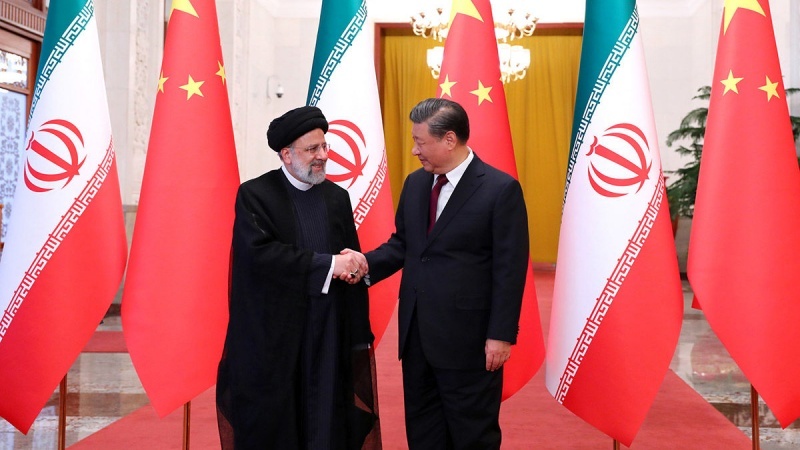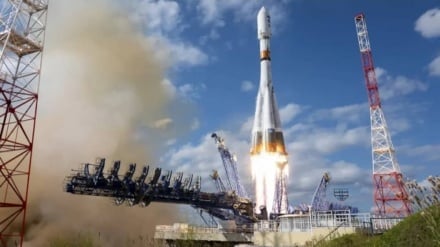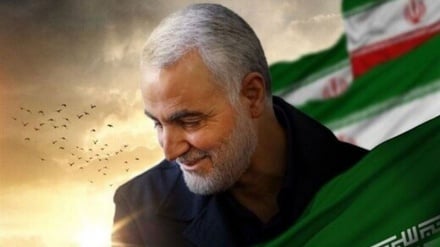“Asian Century”, harbinger of global exit from Western disgraceful order
Pars Today- The concept of "Rise of Asia" or the "Asian Century" has turned into an important issue for the global strategic discourse.
This concept is one of the newest and most powerful manifestations of increasing attention of the international community to the Asian continent.
During the early years of the 21st century, reports on the increasing weakness of the US and decline of the world order power under the American leadership have strengthened and highlighted the concept of “Asian Century”.
This concept has its roots in retelling of successes of great Asian powers like China, Japan, India and Iran for the recent decades.
Dominant inferences about the “Asian Century” are made, while, it appears, that the relevant trends are not only focused on economic developments in this continent but also include structural and normative dimensions.
The “Asian Century” is in fact the outcome of becoming Asian. Becoming Asian is a process whereby various regions in Asia constantly and increasingly are converging round their unmatched common economic and civilizational programs.
Today's Asia, apart from geographical and political variety, enjoys a common feature which is rapid economic development and civilizational affinity.
In the new century, Asia, in different economic dimensions such as trade, chain of value, production and direct foreign investment has turned into a superlogic interrelated bloc.
In view of this, it seems that the share of Asia from the global consumption and the global middle class will reach 39.54 percent by 2040, while this share was 28.40 percent in 2017.
The Western world, in the 20th century, was hell-bent on imposing its hegemony in the economic, military, diplomatic and political domains, but in the advent of the 21st century, the balance of economic and political power tilted to the favour of Asia so much so that the center of gravity of economic and political power has shifted from Europe-Atlantic to Asia-Pacific.
Indeed, one can say that since 1980s a strategic change has started towards the East with economic activities and the continuation of this situation till 2050 the global economy's center of gravity will be towards Asia.
Till 2050, three out of the four big global economies will be Asian. In other words, China, India and Japan will accompany the US. Thus, the world is facing a redistribution of power from the West to the East.
The rise of Asia does not mean the end of the West's influence and impact on global affairs. However, it does signify the end of the West's economic, political, and institutional superiority over the East.
In the new world, Asian countries are no longer dependent, weak, and puppet actors in the international arena that follow Western powers. Instead, they have gradually become actors that, in many cases, enjoy independence from Western hegemonic powers.
This can be clearly seen in the Ukraine and Gaza wars, the disagreements between Russia and China on the one hand and the United States on the other in the UN Security Council, and Iran's actions to expel the United States from the West Asia region.
Iran has shown the world that it is possible to humiliate the false military and ideological hegemony of the West and the United States by relying on own nation.
In fact, the Islamic Republic of Iran, by defining the ideology of Resistance and the Resistance Front against bullying, has created a new axis for changing the world order, especially in Asia.
This ideology has led to self-confidence in many countries under US sanctions, even in other continents such as Latin America.
Currently, Asian civilizational powers, including China and Iran, are more than ever trying to advance the current world order in a way that reflects the interests, values, and norms of nations, not the West.

For this reason, the United States will gradually become neither capable nor willing to lead, because unlike the past, it will not have the coercive resources to continue its leadership role in international politics. Moreover, due to the increasing internal divisions, it will not have the readiness and public support to play the role of global policeman.
The Leader of the Islamic Revolution, Ayatollah Seyyed Ali Khamenei, has also previously explained the future scene in the context of the decline of the American order. According to him, “The United States will be forced to put an end to its presence around the world. Right now, the Americans have bases in many parts of the world; in our region, in Europe, in Asia, military bases with large populations. They even take the money from the same poor country where the base is located; it has to provide the costs, and the Americans eat and enjoy themselves! This is over; America's presence around the world will come to an end."
RM/MG/ME



